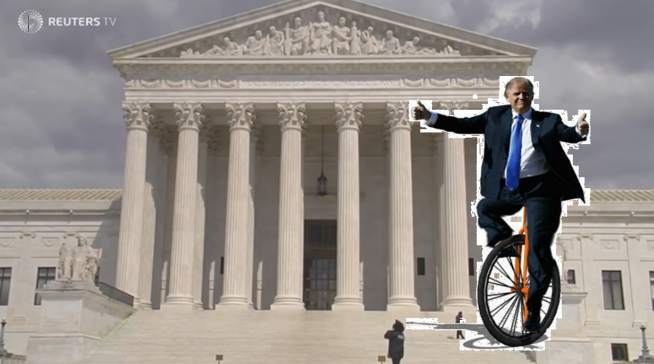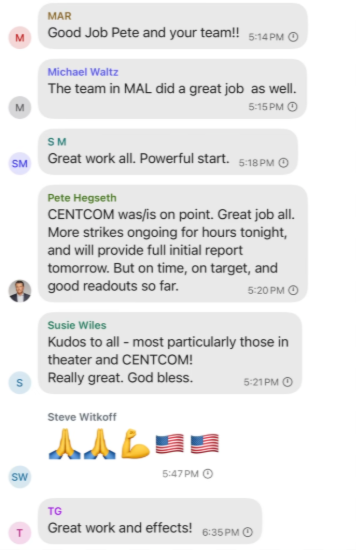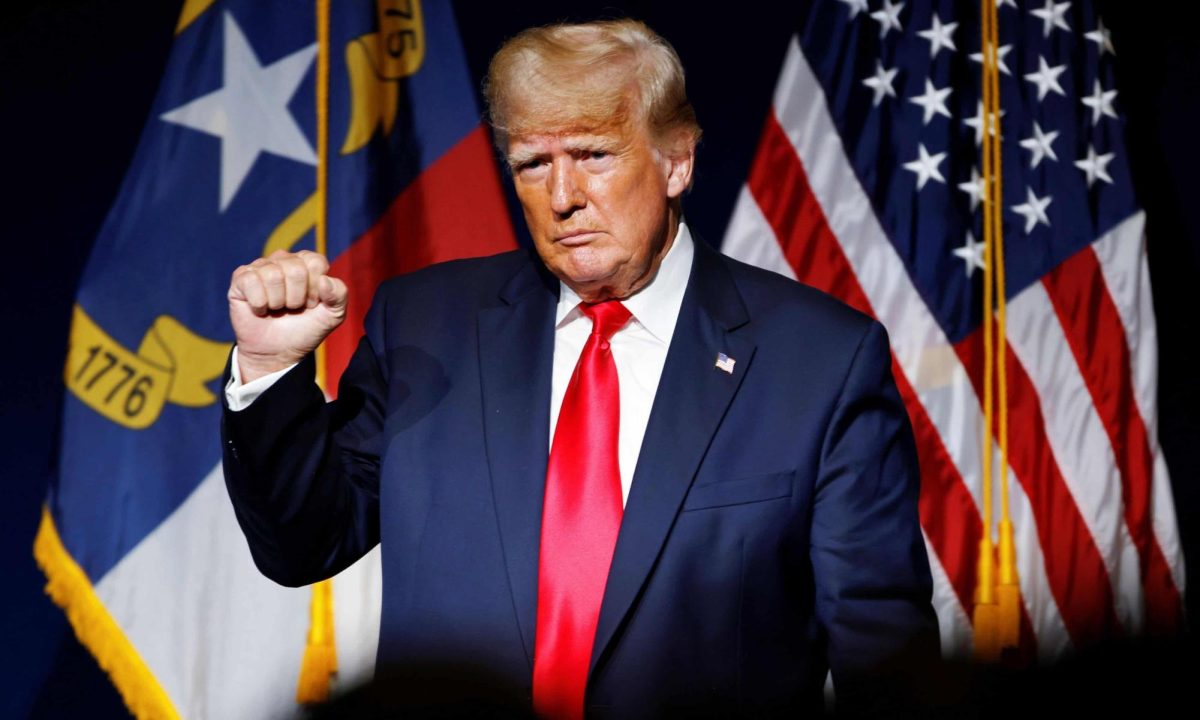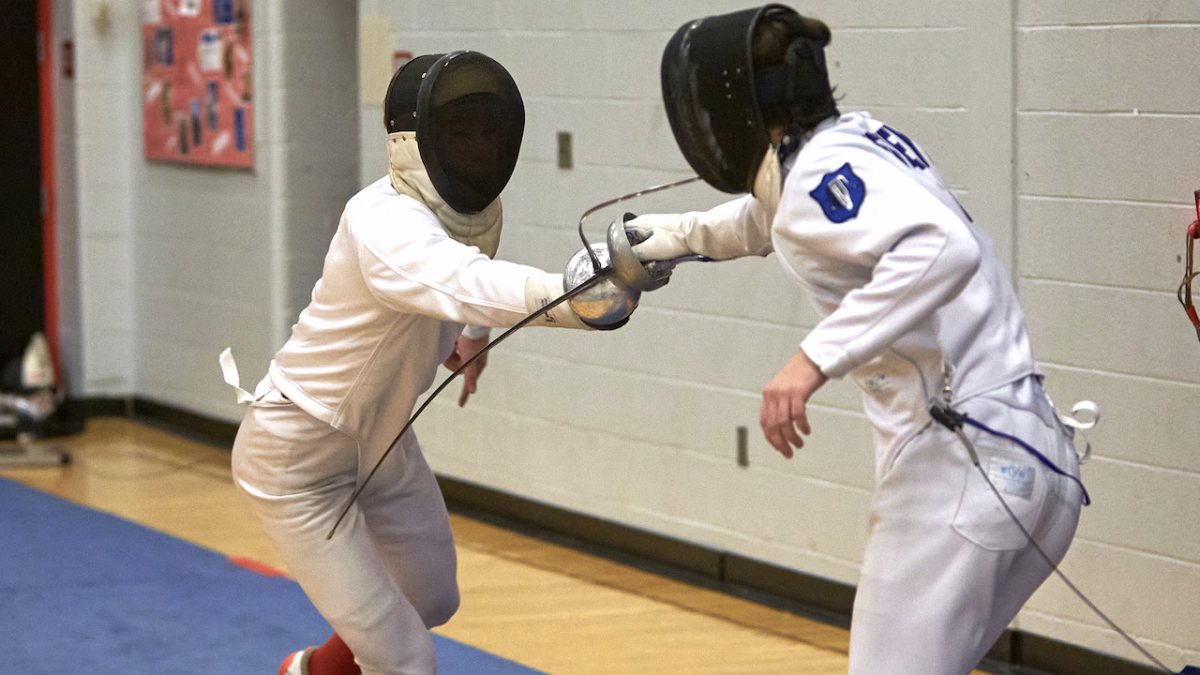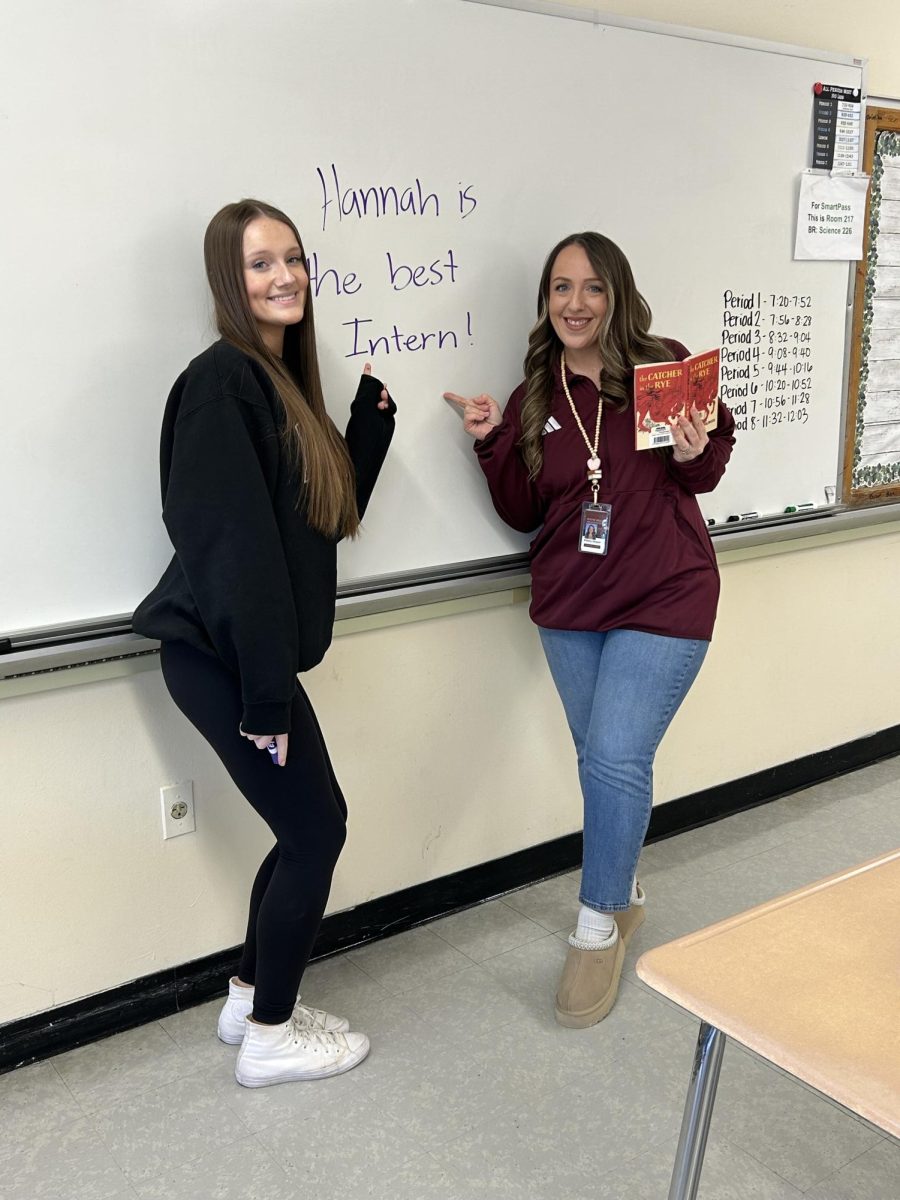President Trump Makes His Way to the Supreme Court
May 28, 2017
Donald Trump’s presidency began with tumult when the President signed an executive order prohibiting the entry of individuals from certain majority-Muslim countries, known as his “travel ban” or “Muslim ban.” The distinction between “travel ban” and “Muslim ban” was hotly debated along partisan lines, but the debate died down as the order lagged in the courts. Trump’s first attempt at the ban was compromised by poor (rushed) rollout and the order seemed to accidentally prohibit the entry of visa-holders and legal residents temporarily in other countries. The Justice Department did not seek an appeal when the order was struck down by the courts. Trump’s second attempt at the ban met a similar fate, and the Justice Department once more did not contend the decision.
But President Trump’s third revision of the executive order put up more of a fight in court. The 4th Circuit Court of Appeals, a court second only to the Supreme Court, ruled on May 25th against the constitutionality of the order. But this time, the rationale of the judges is different and noteworthy.
What the court essentially said was that the order, on the face of it, was actually entirely constitutional. However, the majority, ruling against Trump, retrieved a Supreme Court case from the 1970s, Lemon v. Kurtzman, which asserted that for a law involving religion to be constitutional, it must be shown that the law has a “secular legislative purpose”. To that end, it must be shown that this secular purpose is “genuine, not a sham, and not merely secondary to a religious objective”. Essentially, for a law to be constitutional, it must be proven that it has a legitimate non-religious purpose that isn’t just a shield for a religious motive.
In this spirit, the court examined the campaign statements of our President, and found ample evidence that the purpose of the ban was a “ban on all Muslims”, as Trump had advocated during the election season.
The dissenting judges had a court case of their own, Kleindienst v. Mandel, in which the Supreme Court decided that Congress had “[absolute] power to exclude aliens or prescribe the conditions for their entry into this country” and that Congress had delegated that power to the executive branch. The dissenting minority wrote that the majority had “fabricat[ed] a new proposition of law — indeed, a new rule — that provides for the consideration of campaign statements to recast a later-issued executive order.”
Legal expert John Yoo expressed his disagreement with the decision as well. Yoo stated that “the Supreme Court has all but overruled Lemon [the case the majority used]. It never follows the Lemon test anymore, because of its inherent unpredictability and vagueness. That the 4th Circuit turned to it here showed how far it would go to extend judicial power to stop Trump.” Yoo is well-known for having penned an academic treatise shortly after graduating college in which he argued that the executive branch had powers it could wield in the name of national security that were much broader in scope than had previously been considered constitutional. His analysis landed him a post as Chief Counsel to the Executive to George W. Bush, and in this position, he would pen memos that would be legally binding to the entire executive branch. His radical take on the executive power to act in the name of national security enabled indefinite detention, Guantanamo Bay interrogations, drone strikes, and war without Congressional approval.
Immediately after the ruling, Attorney General Jeff Sessions declared his dissatisfaction with the ruling as well as his intent to appeal the case to the Supreme Court. Unlike previous iterations of Trump’s ban, this time the argument against it seems to be shabby and the case for the appeal is perceived by the Justice Department to be strong.
This will be the first major test of his Presidency in terms of getting his agenda past the courts. This case will set an important precedent, and even though the initial time frame of the ban (90 days, signed on March 6th) has expired, if the Supreme Court finds that Trump has the authority to sign such an order, he will be able to sign many more travel ban orders for years to come, and the courts will not be able to stop him.

